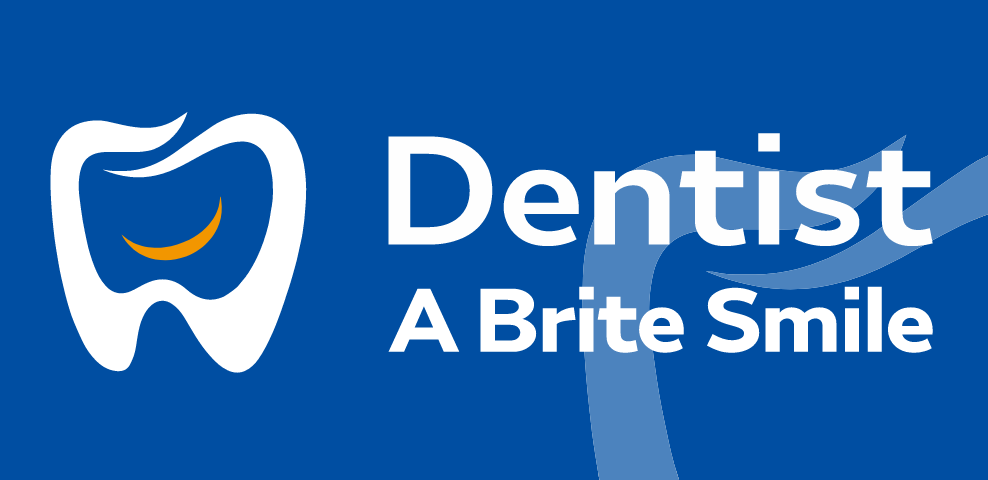Gum Recession
Any Questions
03 9874 0000
Gum Recession
Gum recession is a commonly occurring dental problem in which the edge of your gum tissue around the teeth tends to pull back towards the root of the teeth. Receding gums makes it easier for the bacteria to multiply in the formed gaps between the teeth and the gum line. Gum recession may damage the surrounding tissues and bony tooth structures thereby resulting in tooth loss if not treated timely.
You may experience tooth sensitivity, notice a notch near the gum line or your tooth may start appearing longer than usual.
Various factors may cause your gums to recede. They include:
- Periodontal diseases causing bacterial gum infections
- Genetic susceptibility to gum disease
- Hard or aggressive tooth brushing
- Tartar (hardened dental plaque)
- Hormonal changes
- Piercing of the lip or tongue
- Tobacco
- Misalignment and grinding of teeth
Treatment
Gum recession is treated by cleaning the gaps and surface of the tooth to remove plaque and tartar. This makes it difficult for the bacteria to get attached to the tooth. You may be prescribed antibiotics to resolve existing bacterial infections. If you have excessive bone loss or deep pockets, your doctor may recommend surgery to repair the damage.
Surgical procedures to treat gum recession include:
- Reducing the depth of formed pockets
- Bone loss regeneration with the help of grafts or tissue stimulating proteins
- Soft tissue graft
Gum recession can be prevented by practicing good dental care methods. Daily brushing, flossing and regular tooth cleaning may help. Follow the correct style of brushing and use a soft-bristled toothbrush to prevent gum damage.
Temporary Crown
A temporary crown which will stay on your tooth for approximately two weeks until your new crown is fabricated by a dental laboratory. Once these details are accomplished, your temporary crown will be placed with temporary cement and your bite will be checked to ensure you are biting properly.
You will be given care instructions and encouraged to have regular dental visits to check your new crown.

